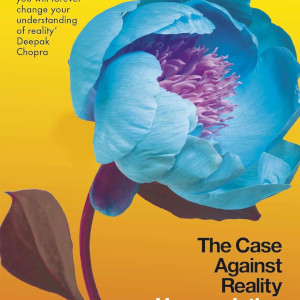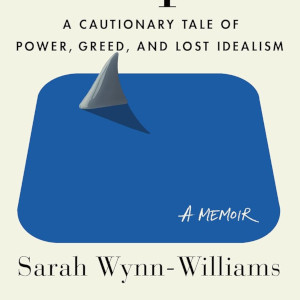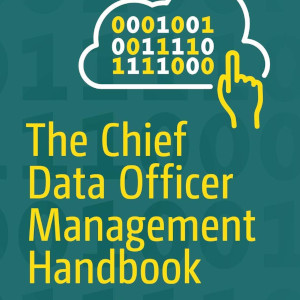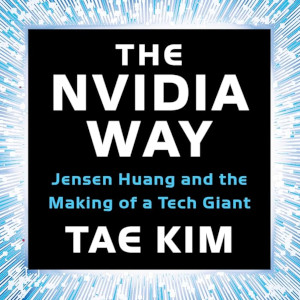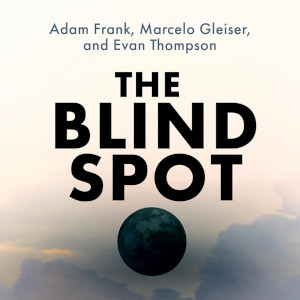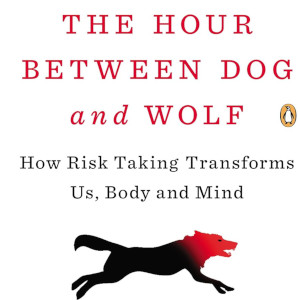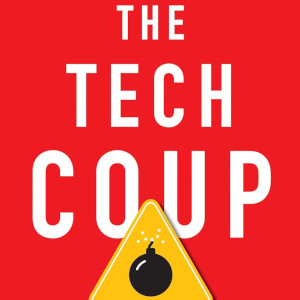What starts with an analytical exploration of the meaning of love branches out into a series of sermons on different aspects of the topic.
From an agent perspective, ‘explore’ often trumps ‘exploit’ because they can choose their own adventure.
The book relies too much on anecdotes to get its point across, taking the typical Mlcolm Gladwell approach to its extreme.
Conscious realism posits a locally consistent perspective on the world, working from the premise that our mind creates a simulation to make fitness predictions.
Donald D. Hoffman – The case against reality
I love the attempt to give mathematical grounding to philosophical ideas; and would be curious how explicit the connection with sheaves and topos theory can be made.
Piet van Eeghen was a leading force behind major private initiatives in 19th century Amsterdam, resulting in the creation of a.o. the Prinsengrachtziekenhuis, the Vondelpark, and the Rijksmuseum.
Laura van Hasselt – Geld, geloof, en goede vrienden (in Dutch)
An in-depth economic analysis of the business dealings and charitable causes of Van Eeghen and the way they were intertwined would have created a more complete picture.
Facebook leadership does not care about employees or humanity, but only about market power and profit.
Sarah Wynn-Williams – Careless people
To make the central thesis compelling, it would have been better to split the book in two: one on Facebook’s policy choices and one on how it treats its employees.
Shipwrecks are time capsules that provide a fascinating and dramatic window on the past that makes maritime archeology unique
David Gibbins – A history of the world in twelve shipwrecks
In particular, the retracing connections and trade routes in prehistoric times through chemical analysis is impressive.
The combined innovations in politics, warfare, religion, and finance around the turn of the 16th century laid the foundation for developments that would shape Europe for centuries to come.
The personal stories of individual actors are a bit over-done, but fascinating references to original sources ensure the whole is sufficiently balanced.
The phone-based childhood lies at the basis of many societal issues
Jonathan Haidt – The anxious generation
Refreshingly opinionated.
Only preciously few companies have achieved the holy grail of continual learning… yet
Chip Huyen – Designing Machine Learning Systems
The book touches upon a refreshingly broad range of relatable challenges that are illustrated with practical examples.
The CDO should be the Switzerland between Business and IT
Martin Treder – The Chief Data Officer Manaegment Handbook
A solid run through the basic that manages to touch on a surprisingly high number of recognizable concrete examples.
Set your own standards and use the power of commitments to raise the bar
Jason Jaggard – Beyong high performance
The shameless pursuit of excellence is inspiring.
“It is essential to understand the underpinnings of the technology so you have an intuition for how the industry is going to change” – Jensen Huang
A juicy founder story if there ever was one.
The failure to recognize the implicit philosophical hypotheses underlying a naive scientific triumphalism can be harmful for humanity and the planet
Adam Frank – The blind spot
Delightfully broad perspective, although with a far too anthropocentric perspective on intelligence and consciousness.
Make sure to start with many ideas, and to test them early.
Jeremy Utley and Perry Klebahn – Ideaflow
A rather traditional book on the innovation process, but with the merit of a Stanford stamp of approval.
If you want to start a $1M business: be sure to get over your fear for starting and your fear for asking
Noah Kagan – Million Dollar Weekend
Surprisingly simple, indeed – just like it said on the cover.
The flaws of Cartesian dualism become apparent when people have to make decisions in high-stakes environments
John Coates – The hour between dog and wolf
The perspective with a trading desk during the credit crisis provides a nice backdrop for the argument.
You should relentlessly apply the Pareto principle to how you spend your time!
Dan Sulivan and Benjamin Hardy – 10x is easier than 2x
Motivational books are typically easy to misinterpret.
The only way to control the power of tech power houses and defend the rights of ordinary citizens is stricter regulation
Marietje Schaake – The tech coup
Although the book makes valuable points, the full focus on legislation risks overlooking the importance of thriving innovation for defending long term competitiveness in geopolitical context.
Capitalism has fallen: not due to a communist revolution, but by the hand of a new elite of rent-extracting technology companies that has grabbed power
Yanis Varoufakis – Technofeudalism
A surprising blend of philosophical reflections, personal dialogues, the retelling of a Netflix series, and a Marxist polemic pamphlet.
Effective networking needs a system
Judy Robinett – How to be a power connector
A pragmatic and actionable apprach.



